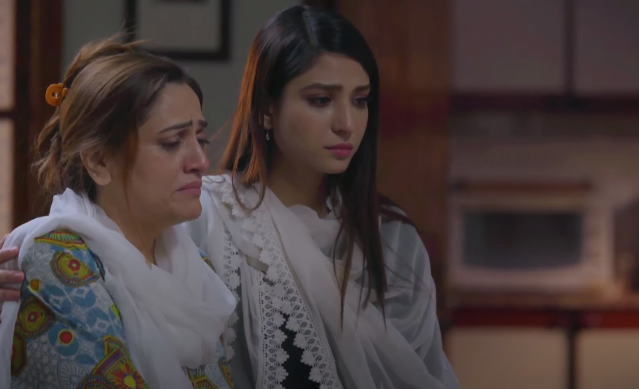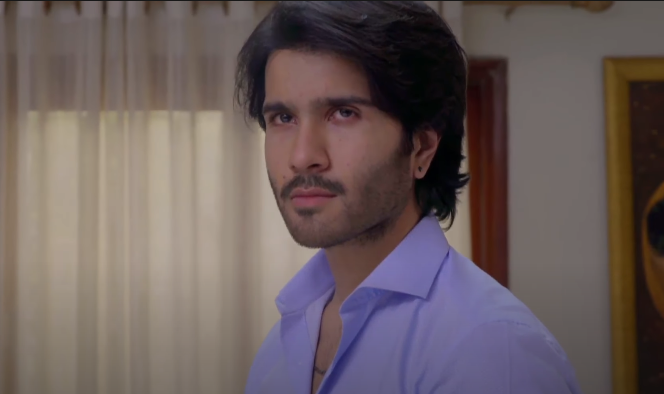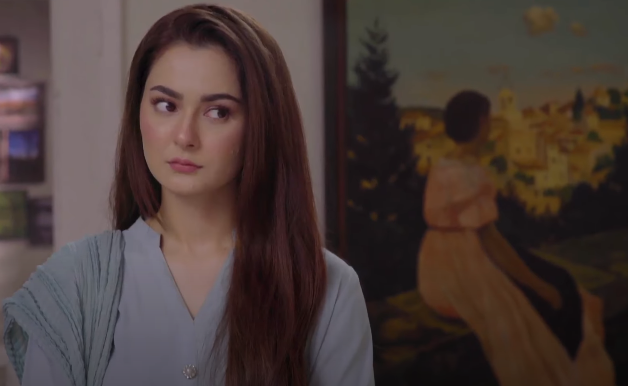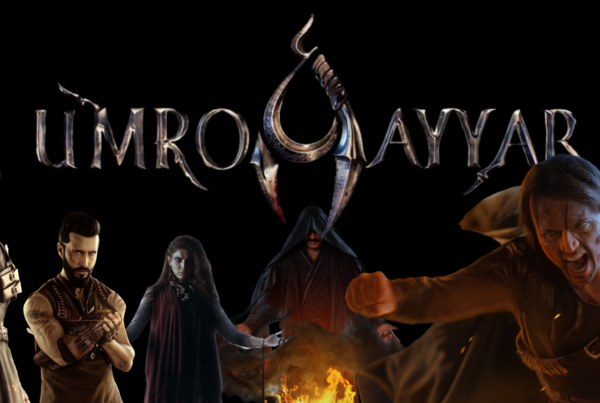Finally Hamna, Hamza, Hamna’s mother, Azeem, Alishba, Rumi and last but not the least our, as in the audience’s, misery came to an end with the last double episode of Ishqiya this week. The popular opinion was that the last double episode redeemed all aspects of torment suffered by the audience at the hands of a weak script, show of Hamna’s lingering and excessive misery, hoards of flashbacks which constituted 75% of the drama and Rumi’s uncalled for behaviour with her mother throughout the play.
But I beg to differ as you can’t counter all regressive underlying messages served throughout the play by punishing the character of Hamza just to appease and satisfy a feminist agenda. Starting from the character of Mrs. Siddique, who doesn’t even have a name in the drama and seems to be a very mild person who not only cannot stand up to her husband but is also bullied by her daughter. Shabir Jan’s character was shown as an authoritarian who as long as he lives, and even on his death bed, gets away with each and every stupid decision, which his poor wife has to bear the consequence of. Azeem, whom everyone is praising for his patience and tolerance, is an insecure person who right from the very beginning is constantly doubting his wife to be up to something. He simply cannot fathom the fact that his wife can have a past and deserves to start afresh putting her past behind.

Hamza, who is a brat, is never checked by his parents on his obnoxious behaviour in the beginning but in the end when he is trying to reform himself both the parents are ready to throw him out on finding out about his relationship with Hamna.

Last but not the least is the character of Hamna, who is the root of all the evil caused. She conveniently dumps Hamza after being in a relationship with him for solid four years. She doesn’t even bother telling him and gets married.
Read: Ishqiya finale: Is the ending worth the wait?
Also, just to save her own marriage she throws her sister under the bus. Had she exhibited some moral courage at the right time her father may actually have had accepted Hamza’s proposal for her but due to her cowardice she kept quiet both at the time of her wedding to Azeem and Rumi’s wedding to Hamza. Towards the end, both Hamza and Hamna, want to come out clean by telling the truth; it’s only that Hamza takes a bit longer as he didn’t want to put at risk Rumi’s pregnancy.

The only saving grace of this drama was the chemistry between the characters of Hamza and Rumi, which was killed at the end. It’s not that Rumi should not have punished Hamza for using her but I feel that Hamza also deserved a second chance especially when his character was on the road to transformation. He should have shown to be punished for his behaviour but divorce was quite unnecessary.
All in all, the good news is that our agony of “mein hara, mein hara, mein hara,” has finally come to an end.





